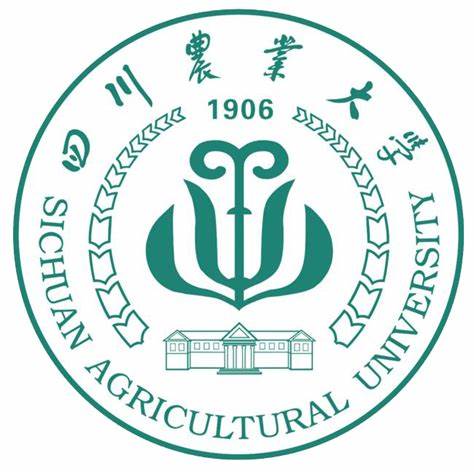https://www.sciencedirect.com/science/article/pii/S2214514124000758?via%3Dihub
The Crop Journal,Volume 12, Issue 3,June 2024, Pages 826-835
Li Long,Jue Li,Linyu Huang,Huiling Jin,Fangnian Guan,Haipeng Zhang,Sasa Zhao,Hao Li,Zhien Pu,Wei Li,Qiantao Jiang,Yuming Wei,Jian Ma,Houyang Kang,Shoufen Dai,Pengfei Qi,Qiang Xu,Mei Deng,Youliang Zheng,Yunfeng Jiang,Matthew James Moscoude,Guoyue Chen
Abstract
Stripe rust, caused by Puccinia striiformis f. sp. tritici (Pst), is a devastating disease in wheat worldwide. Discovering and characterizing new resistance genes/QTL is crucial for wheat breeding programs. In this study, we fine-mapped and characterized a stripe rust resistance gene, YRAYH, on chromosome arm 5BL in the Chinese wheat landrace Anyuehong (AYH). Evaluations of stripe rust response to prevalent Chinese Pst races in near-isogenic lines derived from a cross of Anyuehong and Taichung 29 showed that YrAYH conferred a high level of resistance at all growth stages. Fine mapping using a large segregating population of 9748 plants, narrowed the YRAYH locus to a 3.7 Mb interval on chromosome arm 5BL that included 61 annotated genes. Transcriptome analysis of two NIL pairs identified 64 upregulated differentially expressed genes (DEGs) in the resistant NILs (NILs-R). Annotations indicated that many of these genes have roles in plant disease resistance pathways. Through a combined approach of fine-mapping and transcriptome sequencing, we identified a serine/threonine-protein kinase SRPK as a candidate gene underlying YrAYH. A unique 25 bp insertion was identified in the NILs-R compared to the NILs-S and previously published wheat genomes. An InDel marker was developed and co-segregated with YrAYH. Agronomic trait evaluation of the NILs suggested that YrAYH not only reduces the impact of stripe rust but was also associated with a gene that increases plant height and spike length.


